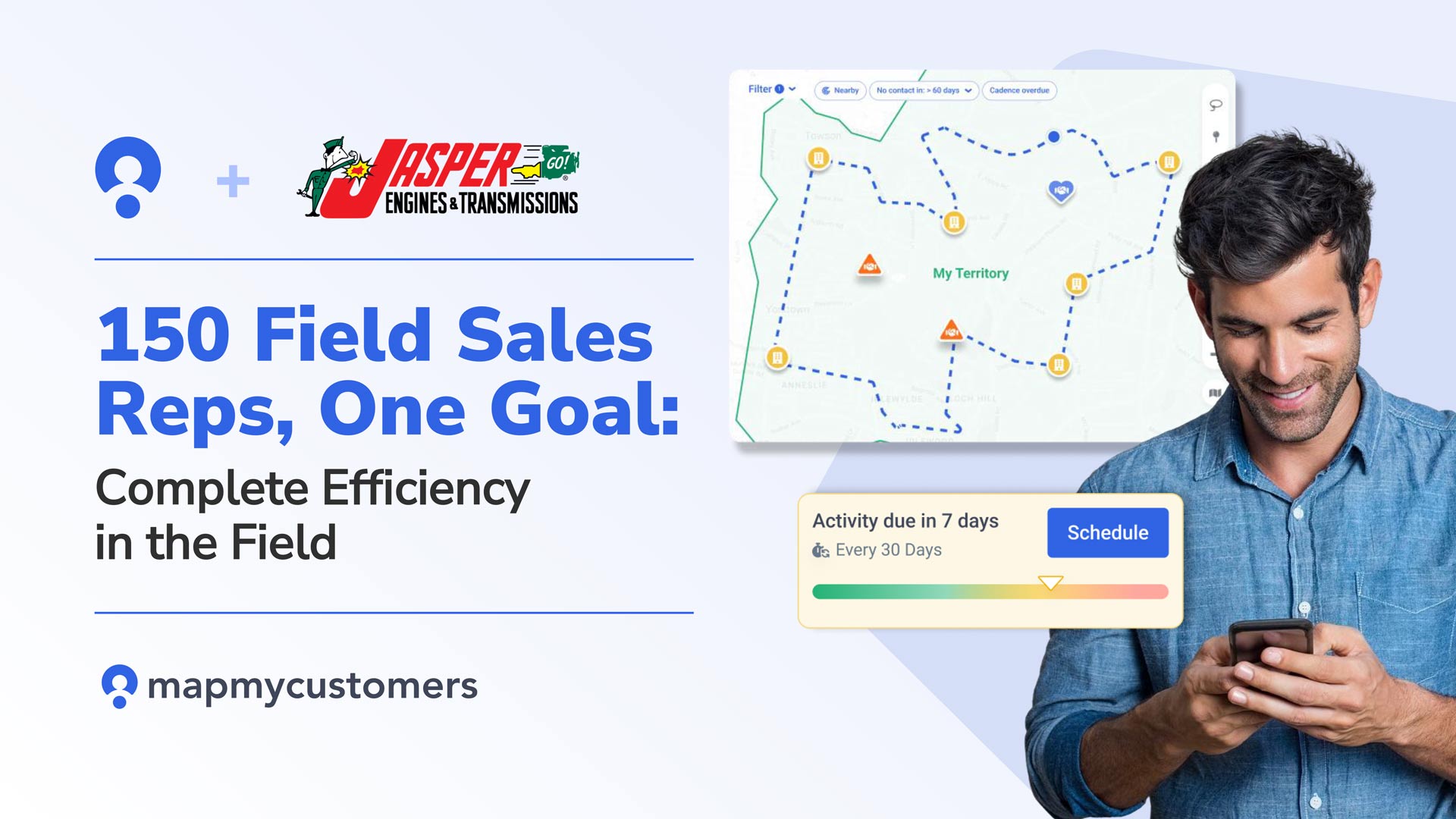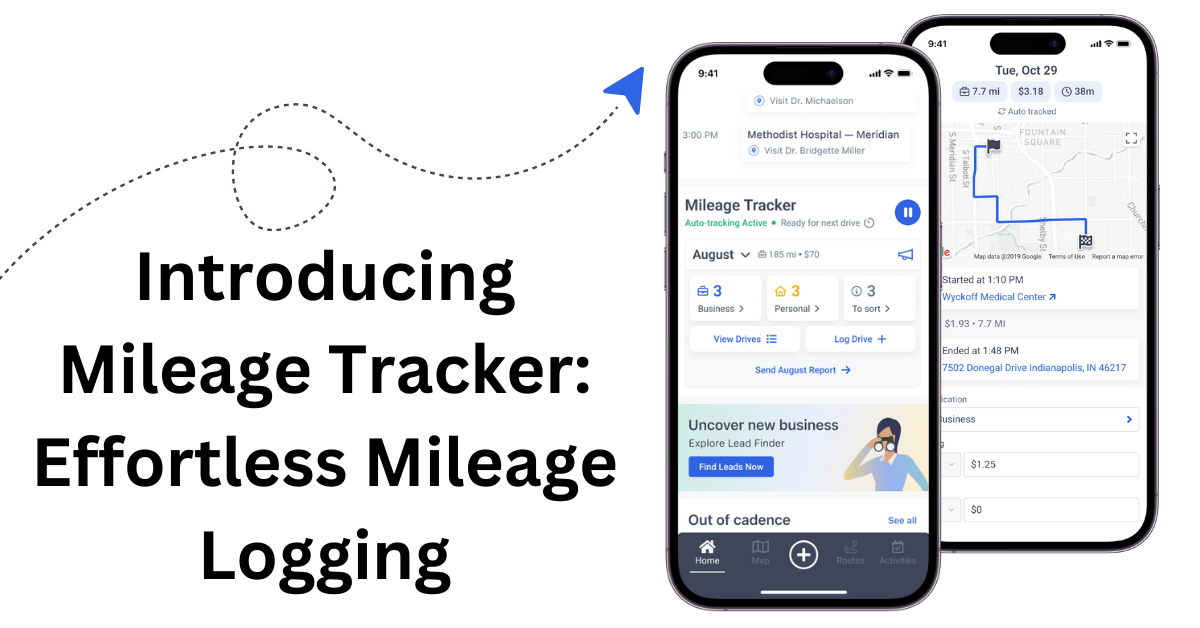Sales operations enhances productivity, effectiveness, and overall impact of the sales department. Without sales ops, sales could be missing valuable time saving practices that translate into their highest number of sales. It makes sense, then, that almost 64% of all organizations have some level of sales operations functions.
Although the first sales ops team was established by Xerox back in the 1970s, their role is more vital than ever almost 50 years later. The first sales ops group leader, J. Patrick Kelly, described it as “all the nasty number of things that you don’t want to do, but need to do to make a great sales force.” Since then, the role of sales ops has continued to grow and change with far more exciting challenges that leave workers engaged rather than bored.
With the increase in technology and ways to support and enable sales, this role has a more prominent part to play. There are also an increasing number of ways for sales operations to continue taking their careers to the next level. With the right sales and operations planning, best practices, and technology, you can become a more advanced and efficient team.
Ready to up your game? Take a look at some of these sales operations best practices to grow your career and get your team to the next level.

Define What Success Looks like to Your Company
It’s easy to get enamored with the newest technology or popular organizational structure and end up chasing the latest next thing. Without a set direction and end goal to inform you strategy, though, you could end up no better than before.
To make sure that the moves you make are purposeful, come up with an actionable mission statement that helps define your overall objectives in sales ops. It should align with overall company goals to make sure that you are helping your business reach its targets, as well. While no department in a company is ever wholly isolated, sales operations is particularly porous. Its policies and goals affect everything from marketing sales, IT, and customer service. The goals must help the company as a whole.
The actionable part of your mission statement has practical implications for how you function. Some mission statements are too vague, which leaves little direction for the department. You should be able to list some “hows” that will help you achieve your mission statement.
Keep an Eye on the Right Metrics
Metrics are an essential part of sales operations. By paying attention to the hard data, you can get the right insights that allow you to improve efficiencies and outcomes.
However, that doesn’t mean that any metrics will help your sales ops team. It takes monitoring the right sales metrics to inform your strategy and enable efficiency for your sales team. Some vital metrics to bring your sales ops to the next level include:
· Sales Time vs. Overhead Time. Your sales team should be spending their time on the task that matters most: selling. Too much overhead time means that sales reps won’t be as successful as they could be if they spent that time selling. Take a consistent measure of how sales reps spend their time to maximize sales time.
· Marketing Leads vs. Sales Originated Leads. Likewise, keeping a pulse on the marketing department allows sales ops to see how successful they are at their jobs. While sales ops are often grouped with general sales, they also spend a significant amount of time with marketing. A higher number of successful marketing leads ensures that there is a good handoff between marketing and sales.
· New Hire Ramp Time. The average amount of time it takes a sales rep to get up to speed is typically around 6-9 months, although, for certain industries, it can be as long as 18 months. Understand where your team’s ramp time is to help you know how well your training process is working. It also allows sales ops to understand their sales efficiency.
· Sales Stages Used. Is your sales process too long? If sales reps are purposefully all skipping the same steps, it might be time to revisit the sales process. You might find that certain stages are unnecessary and affect the efficiency of the sales team. It might also be a signal for better training and reinforcement if they skip critical steps that need to be included in the sales process.
· Average Sales Cycle Length. Improvements in efficiency will lead to an overall reduction in the sales cycle and an increase in sales. Get the data on the amount of time it takes to close deals. Is the data changing as you improve efficiency? These numbers will give you a sense of the success of your sales ops team.
· Lead Response Time. Once a customer reaches out to you, the timer starts. The faster your sales reps contact them, the more likely they are to land the sale. Enable your sales team to respond as quickly as possible.
· Forecast Accuracy. Forecasting is an essential element to sales ops. It allows sales teams to set quotas and budgets for the future. Accurate forecasts are also necessary for proper growth and a strong sales team.
With your eye on the right metrics, you can see where you benefit the sales process and where there is room for growth. Utilize data to get an accurate assessment and improve your operations.
Balance Analysis and Action
While data is critical to your sales operation, it can also be paralyzing. Many sales ops team members find themselves studying the data over and over again, waiting for the perfect time to take action to help improve the sales process.
Instead, balance analysis with action. It’s impossible to find the perfect system on the first try or to get the ideal conditions to start using new technology or change processes. Experimentation is a crucial element to sales ops. It takes trying a unique solution, getting feedback, and tweaking it to improve the process.
There is no end to improving the sales process, so dive in and experiment. Make sure that you have both data and action in sales operations.
Use Your Soft Skills
Soft skills are often what sales ops use to get their job, but it doesn’t stop there. While it can be easy to get lost in the numbers and data sets, soft skills and proper communication are essential to sales ops. The use of tact can grow your sales ops department by encouraging cooperation and collaboration.
The nature of sales ops can be challenging for most sales reps and marketing professionals. It often requires giving tough feedback and implementing changes to long-held processes. While you may have the numbers to back everything up, your soft skills will go far in making transitions and changes smooth. Whether its implementing new technology or dealing with difficult sales reps, it takes a certain amount of charm and tact to ensure that conversations are constructive rather than frustrating.
Try to take your emotions out of the conversation, especially if you find the other person getting overly emotional or angry. Instead, have a fact-based discussion and be empathetic while firm to avoid power struggles that might result from making changes.
Encourage Effective Collaboration
Data and analysis can only go so far to get an accurate picture of how your sales reps spend their time. Once a quarter, shadow a sales rep for a day. You can better understand their struggles and needs to guide your solutions, data, and processes.
In addition to sales, sales ops should have close ties with other departments to be most effective. Check-in regularly with marketing and sales enablement to make sure everyone is aligned and working together to drive sales.
There is often a question as to whether there is a difference between sales enablement and sales ops? The short answer is yes; they are different. Typically, sales enablement is more active in the earlier stages of the buyer’s journey, such as training and prospect education. Sales ops tend to handle more of the negotiation and closing stages, along with the higher-level issues such as sales compensation and data analysis.
Because sales enablement and sales ops are so closely related, though, they often tend to overlap. They should communicate regularly to make sure that they are performing the same tasks twice and clearly lay out the roles and responsibilities of each department.
Get the Right Technical Tools and Skills
Sales ops have come a long way from the boring pen and paper-based math analysis of the 70s. Now, the right tools and skills ensure that you can work as effectively as possible. If you want to succeed and grow in sales ops, the proper tools are essential.
Some tools for sales ops include:
CRM
In the heart of many sales operations, CRM is essential for creating an efficient and effective sales team. The right CRM helps reduce time wasted on inputting unlimited data, while also improving the quality of information inputted. As sales ops handles most of the details for CRM, including implementation and analysis, an in-depth understanding of your CRM is essential.
CRMs sometimes offer specific training to help you improve your skillset. Many sales ops teams turn to Salesforce because it is the largest CRM, and they provide specific training to help them get ahead. Salesforce’s training program at Trailhead can give you the expertise required to move up in sales ops.
Aviso Insights
Sales forecasting is an important aspect of sales ops. Without the right tools, though, it can be impossible to get the proper insights to accurately predict, as well as improve, the sales process. Aviso Insights uses AI and big data to give companies the competitive insights that will help them forecast and improve their sales performance. It also integrates with most CRMs for ease of use and to give real-time data.
Grow
Visibility is a critical factor in understanding where your sales team is, how it’s growing, and where improvements can be made. Grow helps integrate sources with built-in analytics and visualizations.
Fullcast
Fullcast helps you be at the top of your game with modules that concentrate on each stage of the sales ops process. In the first stage, Fullcast provides territory designs, quota setting help, and forecasting for the upcoming sales period. The second looks at funnel metrics and data visualization for more accurate information. The third module helps with enforcing sales policies, such as lead routing and privacy, to help create a more effective sales team.
Zapier
Bring your integrations to the next level with Zapier. It can be used with over 1,000 platforms that allow you to create time-saving workflows without using code. You can create and assign checklists to your team directly from Salesforce, for example, or push reporting data to Excel automatically.
Zapier lets you harness your technology in one convenient location to improve your efficiency.
Map My Customers
Outside sales can lose time on the road that they could otherwise be spending in front of their customers. Cut down on inefficiency with traveling sales and reduce windshield time through Map My Customers.
Up Your Sales Ops Game with Best Practices
While sales operations have been around for 50 years, its place in companies continues to expand and grow. As the technology and insights for sales ops increase, there are incredible opportunities to advance your team and career. By following some of these best practices, you can make your sales team more productive and profitable than ever.





